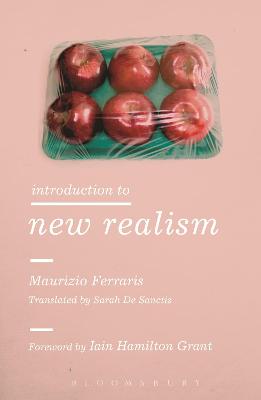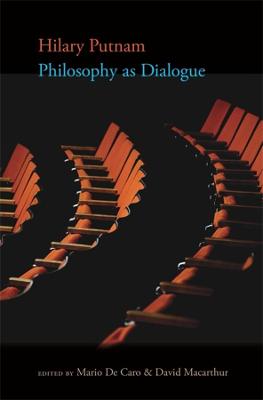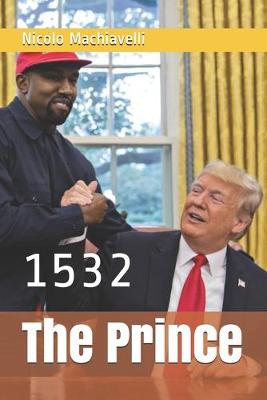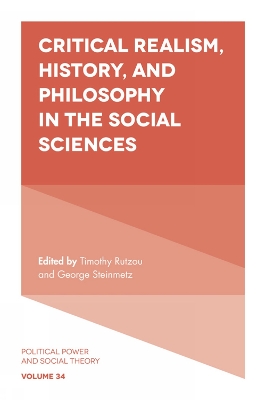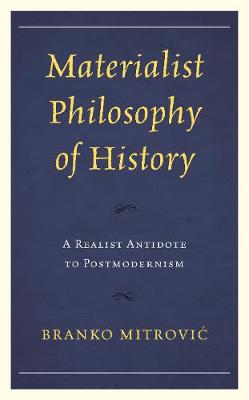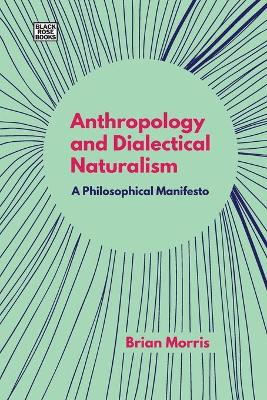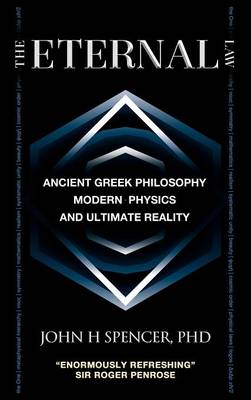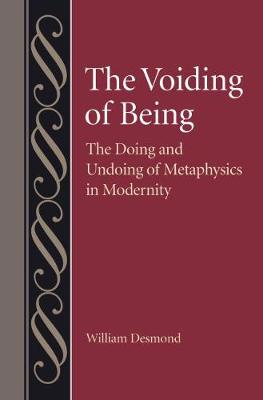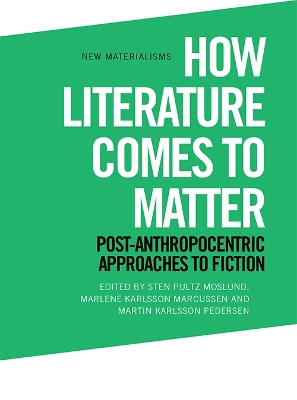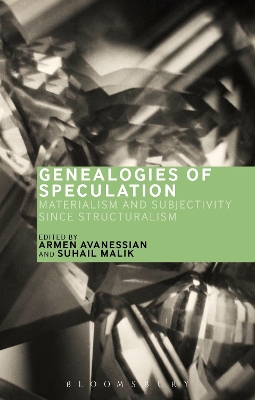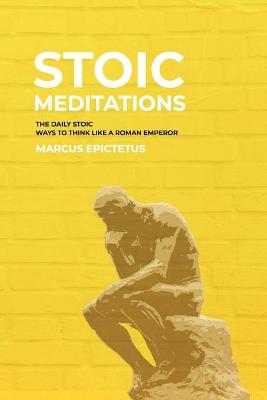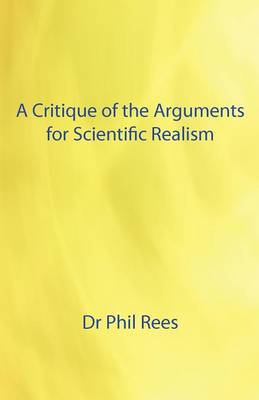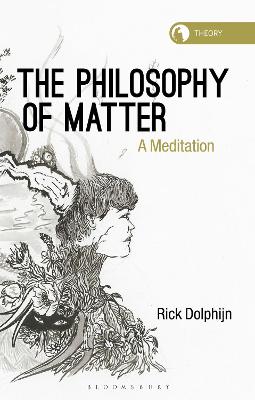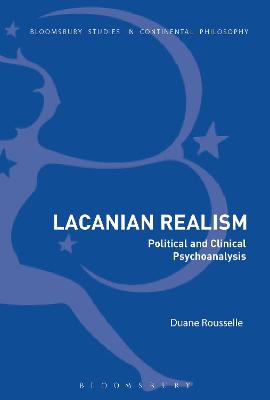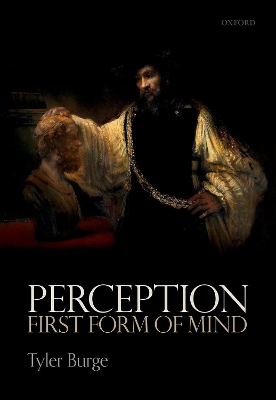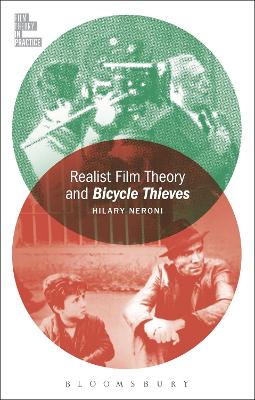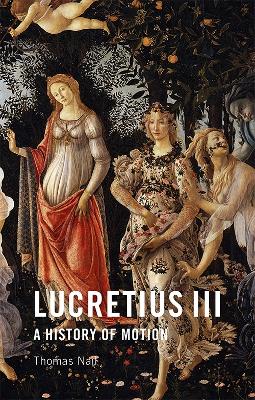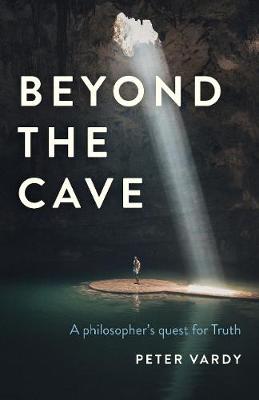Introduction to New Realism provides an overview of the movement of contemporary thought named New Realism, by its creator and most celebrated practitioner, Maurizio Ferraris. Sharing significant concerns and features with Speculative Realism and Object Oriented Ontology, New Realism can be said to be one of the most prescient philosophical positions today. Its desire to overcome the postmodern antirealism of Kantian origin, and to reassert the importance of truth and objectivity in the n...
A collection of Hilary Putnam’s stimulating, incisive responses to such varied and eminent thinkers as Richard Rorty, Jürgen Habermas, Noam Chomsky, Martha Nussbaum, W. V. Quine, Wilfrid Sellars, John McDowell, and Cornel West.Hilary Putnam (1926–2016) was renowned—some would say infamous—for changing his philosophical positions over the course of his long and much-admired career. This collection of essays, the first of its kind, showcases how his ideas evolved as he wrestled with the work of hi...
The Prince (Classics to Go) (Classic Literature - The Prince)
by Nicolo Machiavelli
Intellectual history has bequeathed a venerable place to Machiavelli as the forefather of modern political science. In this, his most famous work, matters political are assessed from a perspective so radical that Machiavelli has remained a controversial figure from the very first appearance of The Prince. Viewing the political climate of sixteenth-century Italy from the standpoint of one who had mastered the classic works of political philosophy and had experienced the volatility of public offi...
Social science, history, and philosophy have often been neglect in thinking through their fundamentally intertwined relationship. The result is often an inattention to philosophy where social science and history is concerned, or a neglect of historicity and social analysis where philosophy is concerned. Meanwhile, the place of values in research is often uneasily passed over in silence. The inattention to, and loss of, the intersection between these different disciplines and their subject matter...
Nature, the Artful Modeler (Paul Carus Lectures, #23)
by Nancy Cartwright
How fixed are the happenings in Nature and how are they fixed? These lectures address what our scientific successes at predicting and manipulating the world around us suggest in answer. One-very orthodox-account teaches that the sciences offer general truths that we combine with local facts to derive our expectations about what will happen, either naturally or when we build a device to design, be it a laser, a washing machine, an anti-malarial bed net, or an auction for the airwaves. In these...
Anthropology and Dialectical Naturalism – A Philosophical Manifesto
by Brian Morris
The Voiding of Being (Studies in Philosophy and the History of Philosophy)
by William Desmond
In contemporary philosophy the status, indeed the very viability of metaphysics is a much contested issue. The reflections offered here ex plore diverse aspects of this contested status and offer a defense of meta physics. In other works, perhaps most fully in Being and the Between, William Desmond has tried to develop what he calls a metaxological metaphysics in response to different skeptical, if not hostile approach es to metaphysics quite common in our time. The Voiding of Being com plements...
Realism and Social Theory (Routledge Studies in Critical Realism)
by Sean Creaven
The failure of social philosophers to make sense of an object of knowledge that embodies real divisions and polarities has generated a fundamental problem of social theory: the fallacy of reductive-conflationary analytical and explanatory models in sociological research. This book seeks to define the problem of sociology as one of developing appropriate theoretical and methodological tools for describing and analysing a multi-faceted social reality. Through an extensive critical review of the...
Through a rethinking of the relationship between the subject and object, the human and the nonhuman, this volume shows how literature and post-anthropocentric theory can illuminate each other in mutually productive ways. Focusing on how the study of literature is an underdeveloped field within 'the material turn', the introduction and each of the eleven chapters examine ways in which new materialist and object-oriented theory opens the study of literature in new ways just as they demonstrate the...
Genealogies of Speculation
Genealogies of Speculation looks to break the impasse between the innovations of speculative thought and the dominant strands of 20th century anti-foundationalist philosophy. Challenging emerging paradigms of philosophical history, this text re-evaluates different theoretical and political traditions such as feminism, literary theory, social geography and political theory after the speculative turn in philosophy. With contributions from leading writers in contemporary thought this book is a cruc...
Since its initial publication in 1973, Hayden White's Metahistory has remained an essential book for understanding the nature of historical writing. In this classic work, White argues that a deep structural content lies beyond the surface level of historical texts. This latent poetic and linguistic content - which White dubs the "metahistorical element" - essentially serves as a paradigm for what an "appropriate" historical explanation should be. To support his thesis, White analyzes the complex...
In A Realist Metaphysics of Race: A Context-Sensitive, Short-Term Retentionist, Long-Term Revisionist Approach, Jeremy Pierce defends a social kind view of racial categories. On this view, the biological features we use to classify people racially do not make races natural kinds. Rather, races exist because of contingent social practices, single out certain groups of people as races, give them social importance, and allow us to name them as races. Pierce also identifies several kinds of context-...
First published in 1970, this book provides an introduction to literary realism. After considering what realism is and its philosophical roots, it goes on to examine the emergence of the idea of realism in nineteenth-century France and its gradual spread across the wider republic of letters. This work will be of interest to those studying nineteenth-century European literature.
The Philosophy of Matter (Theory in the New Humanities)
by Rick Dolphijn
The Philosophy of Matter is a journey in thinking through the material fate of the earth itself; its surfaces and undercurrrents, ecologies, environments and irreparable cracks. With figures such as Spinoza, Gilles Deleuze and Michel Serres as philosophical guides and writings on New Materialism, Posthumanism and Affect Theory as intellectual context, Rick Dolphijn proposes a radical rethinking of some of the basic themes of philosophy: subjectivity, materiality, body (both human and otherwise...
Lacanian Realism (Bloomsbury Studies in Continental Philosophy)
by Duane Rousselle
Alain Badiou has claimed that Quentin Meillassoux’s book After Finitude (Bloomsbury, 2008) “opened up a new path in the history of philosophy.” And so, whether you agree or disagree with the speculative realism movement, it has to be addressed. Lacanian Realism does just that. This book reconstructs Lacanian dogma from the ground up: first, by unearthing a new reading of the Lacanian category of the real; second, by demonstrating the political and cultural ingenuity of Lacan’s concept of the rea...
In Perception: First Form of Mind, Tyler Burge develops an understanding of the most primitive type of mental representational: perception. Focusing on the functions and capacities of perceptual states, Burge accounts for their representational content and structure, and develops a formal semantics for them. The discussion explains the role of iconic format in the structure. It also situates the accounts of content, structure, and semantics within scientific explanations of perceptual-state form...
Realist Film Theory and Bicycle Thieves (Film Theory in Practice)
by Hilary Neroni
This book offers a concise introduction to realist film theory and shows how this theory can be engaged to interpret Vittorio De Sica's Bicycle Thieves. Through three key concepts-Hollywood and realism, early realist theories and their influence, and realism and its relationship to melodrama-the book lays bare the debates and approaches within the vibrant history of realist film theory. In this way, the book provides a point of entry to realist film theory from its inception to today as well as...
Offers a new theory of history through an original reading of Lucretius' De Rerum NaturaFor Lucretius, history means something surprisingly different than we ordinarily think. Instead of thinking of history in terms of time, he thought of it in terms of motion. This book unpacks the implications of this unique kinetic philosophy of history. In the final volume of his trilogy on De Rerum Natura, Thomas Nail argues that in books five and six, Lucretius described a world born to die. What does it m...
Truth is increasingly marginalized. Powerful news interests, social media and political orators all seem to point to the idea that the days of absolute Truth are past. Religions have always claimed to stand for a transcendent dimension to reality and to the idea of an absolute claim to Truth but, in the West, religion has been and is declining in influence. Fundamentalism is on the rise and this, combined with relativism, contributes to the current malaise. Peter Vardy has a passionate commitmen...
